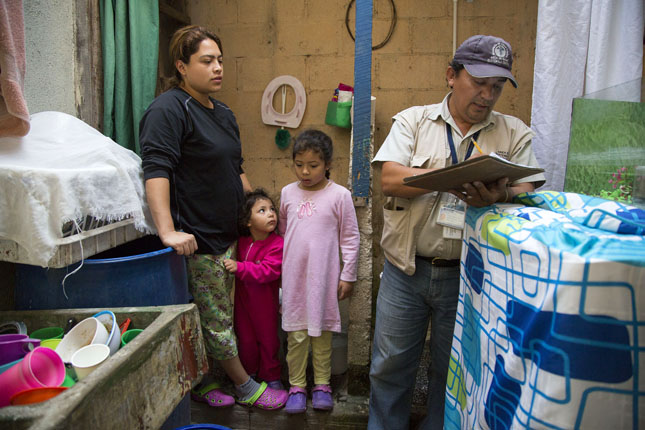-
Suzanne Ehlers & Simon Wright, The World Post
Zika Another Sign of Urgent Need for Primary Care
March 2, 2016 By Wilson Center Staff
On February 1, the World Health Organization declared the spread of the Zika virus a public health emergency. The declaration was the WHO’s highest level of warning – so dire, in fact, that it has only been declared three times in the organization’s history. We believe that, as with Ebola, the lesson we learn must be the importance of robust universal primary health care services.
Spreading rapidly throughout Latin America and the Caribbean, the Zika virus is now emerging in other parts of the globe. Experts anticipate the virus’ impact may be even greater than the Ebola epidemic. As many as 4 million people in Latin America and the Caribbean alone are at risk of infection by the end of the year.
Media coverage of Zika in North America and Europe is already prolific, with the declaration spawning primers on the virus and precautions against mosquito bites, assessments of the adequacy of responses from the WHO and individual governments, updates on vaccine and gene technology, and a plethora of travel advisories – including speculation about the fate of the Olympics in Brazil. Each of these stories is well-meaning, but it’s time to shift the lens and focus on those worst-affected.
The individuals living in affected communities cannot fly away to other locales. They have to deal with the ripple effects of the responses from the WHO and their governments, whether they were effective or not – and no, they cannot simply stop having babies at the behest of policymakers.
Continue reading on The World Post.
Sources: Mirror, PAI, The Washington Post, The World Post.
Photo Credit: A health worker spraying for mosquitoes in Guatemala City, February 2016, courtesy of Conred.
Topics: Brazil, Caribbean, Dot-Mom, family planning, funding, gender, global health, Latin America, livelihoods, maternal health, poverty
 A Publication of the Stimson Center.
A Publication of the Stimson Center.



